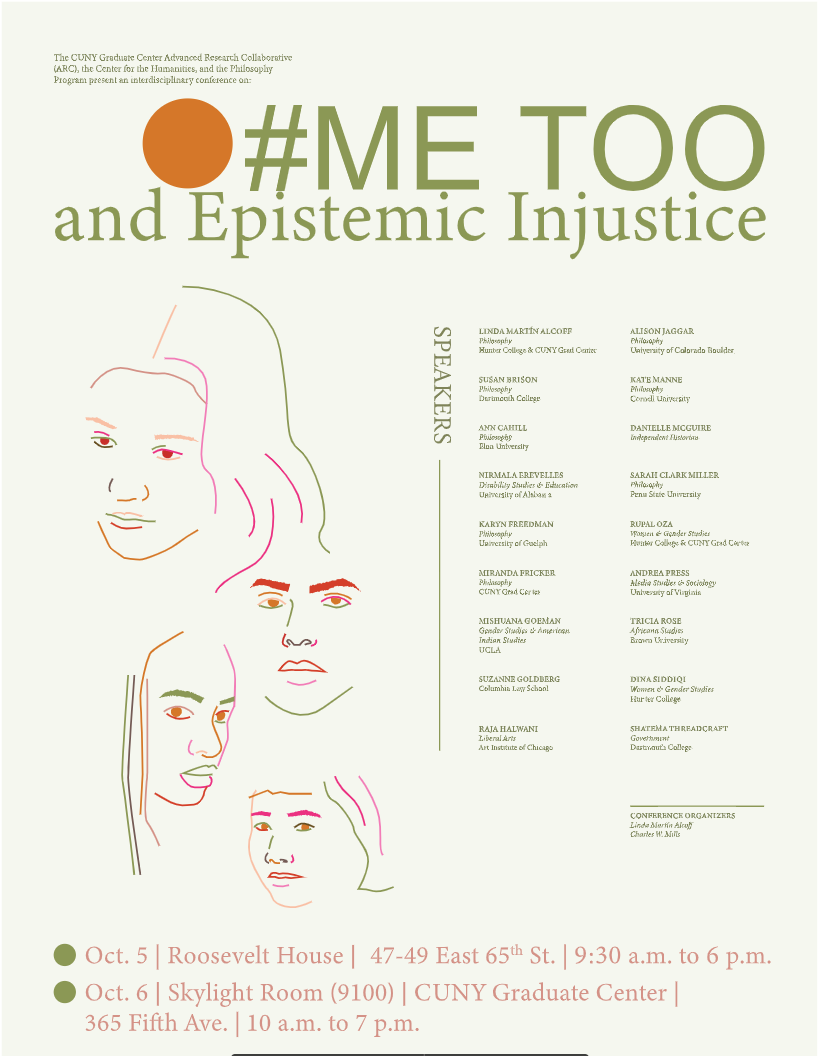Biography
Andrea Lee Press received an MA and PhD in sociology from the University of California, Berkeley. She studied at the San Francisco Psychoanalytic Institute. She has held faculty positions at the University of California, Davis, the University of Michigan, the University of Illinois at Urbana-Champaign, Hebrew University and the London School of Economics in a variety of departments such as communications, sociology, writing studies, social psychology, and gender and sexuality studies. Presently, she is the William R. Kenan Jr. Professor of Media Studies and Sociology at the University of Virginia in Charlottesville, Virginia. Professor Press has served as Executive Director of the Virginia Film Festival and a Producer of the Roger Ebert Festival of Overlooked Films.
She has been co-editor of the academic journal The Communication Review since 1999. Press has been a fellow at the Oxford Center for International Gender Research, the Yale Center for Comparative Research, the Center for Advanced Study of the University of Illinois, the Stanhope Center for Communications Policy Research, the Tavistock Clinic in London, and the Virginia Foundation for the Humanities. She is the recipient of grants from the National Science Foundation, the National Institute of Mental Health, the Danforth Foundation, and the Soroptimist International Foundation. Press is the recipient of the Arnold O. Beckman Award for the best research proposal submitted at the University of Illinois. Her book Women Watching Television (University of Pennsylvania Press) was nominated for the Jessie Bernard Award by the American Sociological Association, an award given in recognition of scholarly work that has enlarged the horizons of sociology to encompass fully the role of women in society. Her book The New Media Environment (with Bruce Williams, Blackwell) has been translated into Egyptian Arabic. She is the co-editor of Media and Class, The Handbook of Contemporary Feminism, Feminist Reception Studies in a Post-Audience Age, and New Feminist Television Studies. She has co-authored two recent articles on women and The Wire, a chapter on Jane Austen, social class, and teen film audiences, and two papers on social class and sexuality in classical Hollywood star images. Her most recent book (with Francesca Tripodi) is entitled Media-Ready Feminism and Everyday Sexism. She is currently working on the forthcoming book Cinema and Feminism: A Quick Immersion. Professor Press has recent articles in Slate and The Chronicle of Higher Education, both co-authored with Francesca Tripodi. Professor Press is Chair of the Feminist Scholarship Division of the International Communication Association.

Research

Professor Press is best known for her research addressing feminist media issues and the innovative use of qualitative methodology. Her first book, Women Watching Television: Gender, Class, and Generation in the American Television Experience, uses qualitative research methodologies to examine the cultural impact of television among women from working and middle-class backgrounds. As E. Ann Kaplan wrote in the academic journal Signs, “Andrea L. Press’s book Women Watching Television is a sophisticated sociological study of class and generational differences in women’s responses to television . . . Press builds on prior research through empirical investigation. She combines approaches often hitherto used separately, linking the class emphasis and the hegemony theory in much British cultural studies work with British and American feminist methods” (p. 551). [1]
Professor Press’ second book coauthored with Elizabeth R. Cole, Speaking of Abortion: Television and Authority in the Lives of Women, examines women’s reactions to a television about abortion using “ethnographic focus groups.” [2] As Nina Eliasoph noted in a review in the American Journal of Sociology this research has broad interdisciplinary appeal, “For scholars of morality, gender, class, and media reception, the book’s intensive and clever use of interview material offers many provocative and thoughtful challenges” (p. 234). [3]